Turning Prunes into Plums (Part I of II)
Women and the Construction of African American Masculinity in Sharon G. Flake’s Who Am I Without Him? And Walter Dean Myers’ The Beast.
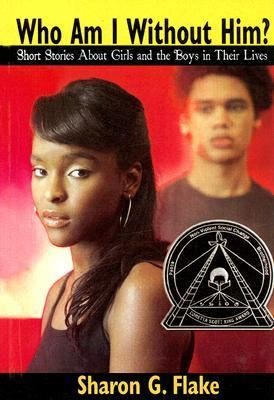 Source
SourceGreetings, dear Steemians.
After a long hiatus in my publications on literary texts, I bring you this essay about two great Young Adult texts by two highly acclaimed African American authors. Even though these texts were written more than a decade ago, their currency, as you will judge, remains unchallenged. The fact that I focus on these texts by black authors does not mean that the issue at hand is particular to this ethnic group. It is a lamentable fact that issues of sexism and abuse are still affecting us all, regardless of our race, religion or class.
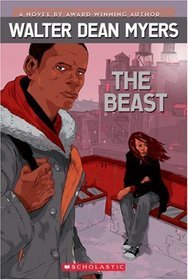 Source
SourceMasculinity is defined as the quality or appearance traditionally associated with men, especially strength and aggressiveness.
(OED)

In a world of political correctness and urge for feminist vindication the representation of masculinity in literature remains problematic, especially across cultures. Whether it comes from historical, cultural, gender, or racial tensions the construction of the image of the man as a social artifact is contingent to not only the author’s gender but also to their ethnic background and intended audience. In the case of the African American males, battles are still fought against stereotypical images historically imposed by the media and the internal cracks generated by their [African Americans] inability to cohesively negotiate gender roles in the framework of the "uplifting of the race". These discrepancies have traditionally been denounced by African American women writers (from Anna Julia Cooper to bell hooks) as the uplift of the black man in detriment of the black woman. Thus, the image of the black male will vary depending on the author’s agenda and gender, yet I argue, 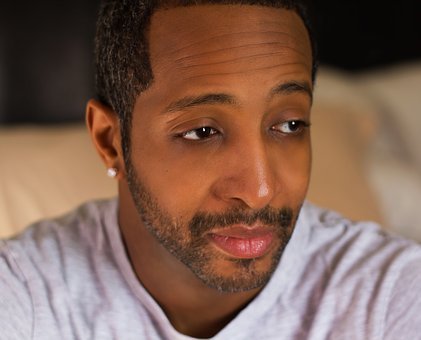 Source
Source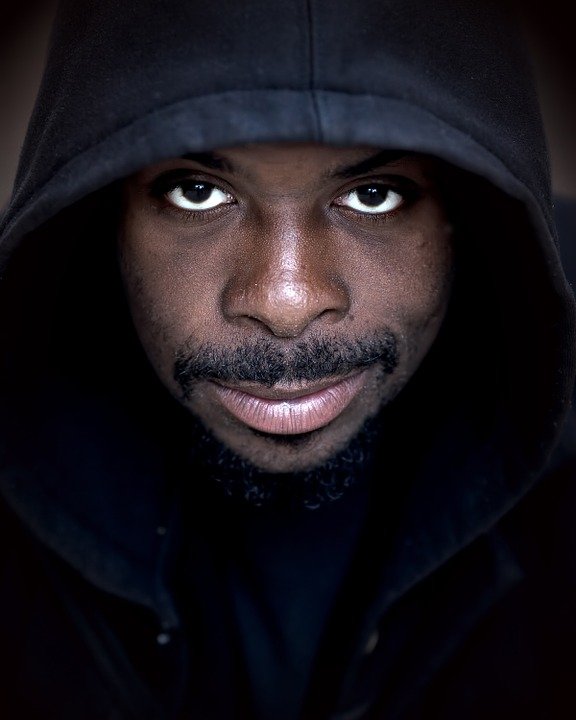 Source
Source
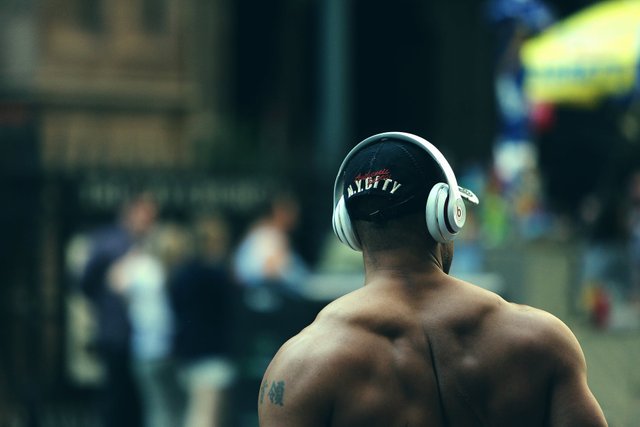 Source
Source
it is still possible to see an overlapping representation that suggests the existence of a male figure considerably different from the white models, potentially nobler in character, and definitely malleable by both the women with whom they should align for the common good and the community they are supposed to contribute to.
This is especially true in literature for young adults (YA), where fundamental assumptions on gender roles can be established as mirrors against which teenagers see themselves reflected, or the reflection of possible models to either reject (the sexism of Sharon G. Flake’s character, Raheem) or imitate (the honor and poetic truthfulness of Walter Dean Myers’s Spoon).
By examining two texts, Who Am I Without Him? (2004), by Sharon G. Flake and The Beast (2003), by Walter Dean Myers, I will address the question posed above by suggesting that a picture of masculinity is never definite, fully coherent, or complete, even within the members of the same social group, but
within the context of the African American literature, the portrayal of masculinity is somehow associated with social consciousness and community building
, something less commonly seen in the literature by and about white males. Source
SourceAlthough in this post I will not attempt a contrastive analysis between “white” and “black” YA Literature, one aspect that pops up from the portrayal of black males, at least in Myers’s The Beast, is a level of maturity that defies the fictional construction of the young male voice. I believe this is less the case in the YA literature by white authors. A good example being Gale Giles’ Shattering Glass (2004), where not only has the adolescent voice been faithfully represented, but the gender of the author can hardly be inferred from the characters’ performance. Nevertheless, given the history of the African American struggle (traditionally rejecting art for art’s sake), this authorial move toward social activism and awareness is more than predictable, if not justifiable.
 Source
SourceThus, what kind of masculinity emerges from Flake’s and Myers’ texts? It can be argued that Flake’s representation of masculinity emerges as a background for a more frontal and denunciatory feminist narrative; whereas Myers’ is more conciliatory or even vindicatory of an overexposed negative image of the black male. Yet,
both texts seem to advocate a mutually beneficial male-female alliance
; that is, a relationship in which men can learn from women not only how to be better partners but also how to help them realize their potential while respecting their individuality.In the first vignette of Who am I Without Him? the boys seem to be more concerned about the physicality of women as sexual objects than about their qualities as human beings. They “don’t even look [plain and pitiful girls’] way or ask their names” (1). They are only after a “Beauty Queen” imposing a demeaning kind of pressure on women who, like the narrator of the first story, stand anything lest “their men” would just look for a better one. The narrator’s mother’s words haunt her “You ain’t no beauty prize” (8).
At the same time, Flake suggests that men can also be objectified. They are referred to as property, a property that must be defended and fought for. If men fail, they are nothing but victims of temptations, temptations usually associated with the white woman.

Image from Pixabay, modified at imgur.com
“She stole my man right from under me” says the female narrator “—for a little while, anyhow” (2 my emphasis). Ironically,
Flake's men look like nothing a rational woman should be fighting for. They are portrayed as rude sexual predators that need be kept on a “short leash.”
Unapologetically Raheem “takes off his shades and eyes a girl passing by” while his girlfriend is desperately trying to get his attention (3). She has internalized that men like “girls who do what [they say] and don’t talk back” (4). Thus black men have been constructed as indispensable commodities women can’t afford to lose, “I’ll do your homework, wash your clothes, lend you money, anything… just keep being my Boo” (4). Source
SourceThis level of devotion, though, does not prevent Flake’s men from turning violent. “Raheem’s hand smashes the words back into my mouth…I apologize just like my momma does when my daddy slaps her. Like Raheem’s momma does too” (5).
Flake’s critique of women’s passivity and perpetuation of male exploitation is thus manifested
. The female characters have also internalized that cute men do not belong to any woman, not for very long (8).Flake’s poignant attack to masculine mentality through the eyes of female narrators is later emphasized and problematized in “Jacob’s Rule.” In this story a male narrator describes a peculiar class “called Boy Stuff.” Women have recently been allowed in this “ninth-grade elective where boys talk, write and report on things important to [them], like sex, gangs, money, drugs, living, dying, and yeah girls” (105). The separate itemization of “sex” and “girls” is not accidental in Flake’s rhetoric. It suggests the ultimate manifestation of male dominance according to which sex, gender, and orientation are not only socially constructed but subject to irreconcilable fragmentation based on masculine needs.
Two questions resonate throughout the whole collection,
“Why do boys always dog girls?” and “How come girls think they own boys?”
The girls’ response to the first question is “‘cause they dogs.” The boys’ response is “‘cause y’all let us”
(106) or because girls want boys to treat them bad (107). When Jacob tells the class that they will be not only talking about relationships, but “testing ‘em out” one student’s question was if that meant “he gets to kiss Michelle’s pretty brown lips. ‘Or rub Denise’s…’” (109). Through Jacob, Flake attempts to subvert masculine forms of domination. Jacob’s class serves as a dialectical arena where men learn to be less dogs and women to be less dog lovers
. “‘Young men today think that dating is about finding a girl, mounting a girl, and ditching a girl,’” Jacob explains to the class (111). Flake also emphasizes the role of women in changing the male-imposed model of power-relationships. The narrator’s mother was the one who “signed [him] up before [he] had [his] mind made up good” (111).Jacob manipulates “arrangements” between boys and girls randomly paired and forces them to work out “pretended relationships” until the boys come up with the best proposal. Throughout the “exercise” Flake’s male characters (especially the narrator) provide a problematic picture of masculinity, which is overloaded by stereotypical gender roles, “the girls in my family cook. The men drink brewskies and watch the games,” he says (120). The narrator agrees with Olivia, who thinks that “girls are more committed because they were born to be mothers” (123). The girls in Jacob’s exercise, however, are given enough power to control what boys have to do in order for the relationship to work. At the end of the story, the narrator learns his lesson:
“[healthy] relationships are hard work”
(132). Our narrator “did not like being used” (133). When another girl gives him her phone number he thinks twice before just calling her.To be continued in next post
Thanks for your reading. Comments are always welcomed.

Works Cited
- Flake, Sharon G. Who am I Without Him? Jump at the Sun/Hyperion: New York, 2004.
- Giles, Gale. Shattering Glass. Roaring Book P.: Brookfield, 2002.
- Myers, Walter Dean. The Beast. Scholastic: New York, 2003.
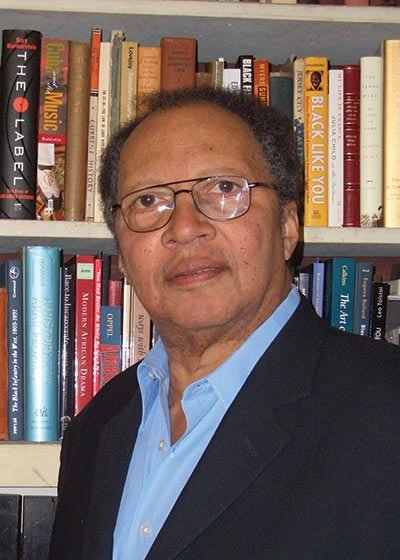
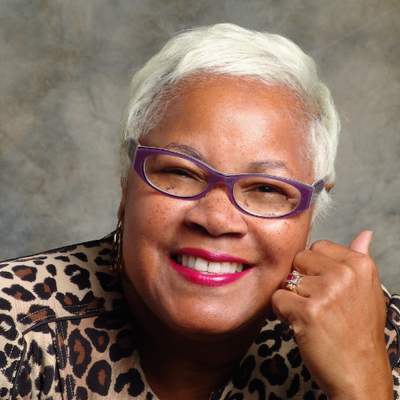
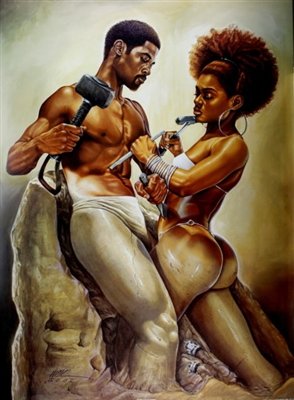
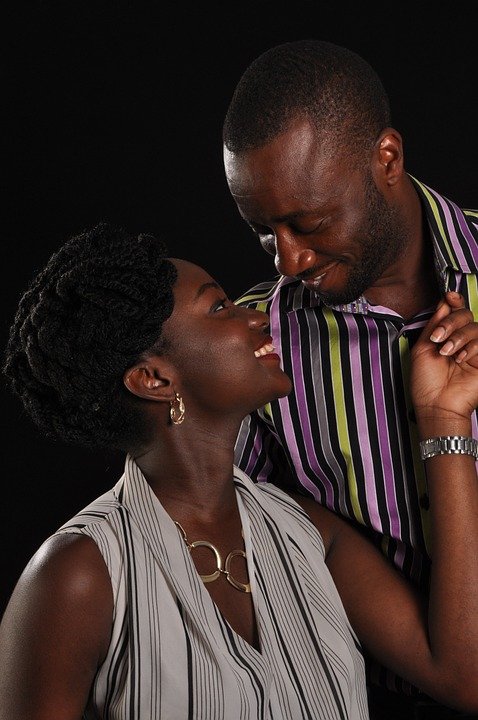

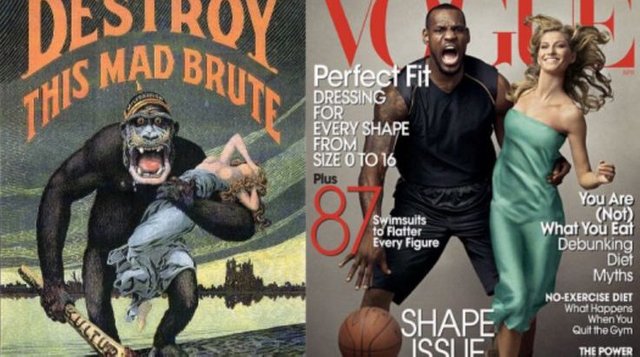

Good article
Thanks. Glad you found it interesting.
Not an easy subject to choose from.
It was really interesting to read your thoughts and questions to the books you talked about.
In my country there are now so many different role models for women and men that basically no real social stream is recognizable at first glance. We are all very individualized.
The young people do not observe any typical male or female behaviour on the surface. Both male and female life and behaviour become blurred in everyday professional life and in the media to become a business and advertising industry permanent film.
We parents are a minority in our country. The young people who grow up with parents face an overwhelming number of singles and childless people who lead other lives than married people or couples who live together unmarried.
Separations occur more often than a few decades ago. The whole culture is changing and even more mature adults in age are still searching about themselves. In an environment in which even adults and people who have become parents still seek their female and male identity, adolescents and young adults find it difficult to orient themselves.
In a family system where there are parents, siblings, grandparents, aunts and uncles as well or alternatively an elective family consisting of close friends and a large circle of friends (which ideally differ in age), young women and men are much more likely to be given the opportunity to find different role models on which they can orient themselves and thus develop and identify their masculinity and femininity.
If this is not available, then they suffer a lack of too few adult role models and lived masculinity or femininity. The peers are most badly suited for identification (!), and how can peers support each other when none of them has an experience advantage over the other?
Thus - in particular the young - men and women draw their roles from the media and confuse business and advertising with real life. Possession thinking, treating people like objects and like property, is widespread and I think men and women are not very different from each other.
If I think that a man "is mine" and vice versa, it means that I also think that I am someone's property. It doesn't necessarily have to be the man I live with, it can also be an employer or the state or government. Which I (unconsciously) think determines me. It can also still be the old parents from whom I have not yet cut my cord. As long as I haven't gained my independency I tend to not let other people be independent.
Growing up nowadays takes much longer than it did or does, for example, in tribal culture times, where there are much clearer distinctions between the individual milestones in the form of rituals and, after having past the tests, welcoming the former boys and girls into the adult world.
Basically, growing up in peer groups and staying with peers all life long as the dominant group is probably the stupidest kind of civilization. Fortunately, we are not all so stupid. :)
Great comment. Thanks for taking the time.
I like the idea of a society where
That would be real progress.
I gues ultimately it is about individuals making a difference in their own lives (using the least used of our senses, common sense) and becoming a foundation for a healthy society to be erected. Social studies critics/commentators recognize that we are not 100% determined by our surroundings, that we can also alter and influence our environment, the difficult part is to achieve that collectively.
In Latin America we tend to hessitate before doing the right thing, thinking that nobody else will follow suit. That's a progress killer.
Have a great weekend, @erh.germany.
Congratulations @hlezama! You have completed the following achievement on the Steem blockchain and have been rewarded with new badge(s) :
Click on the badge to view your Board of Honor.
If you no longer want to receive notifications, reply to this comment with the word
STOPTo support your work, I also upvoted your post!
Do not miss the last post from @steemitboard:
Hi @hlezama!
Your post was upvoted by @steem-ua, new Steem dApp, using UserAuthority for algorithmic post curation!
Your UA account score is currently 1.126 which ranks you at #47022 across all Steem accounts.
Your rank has dropped 5 places in the last three days (old rank 47017).
In our last Algorithmic Curation Round, consisting of 324 contributions, your post is ranked at #235.
Evaluation of your UA score:
Feel free to join our @steem-ua Discord server
Thanks for your support and valuable stats, @steem-ua